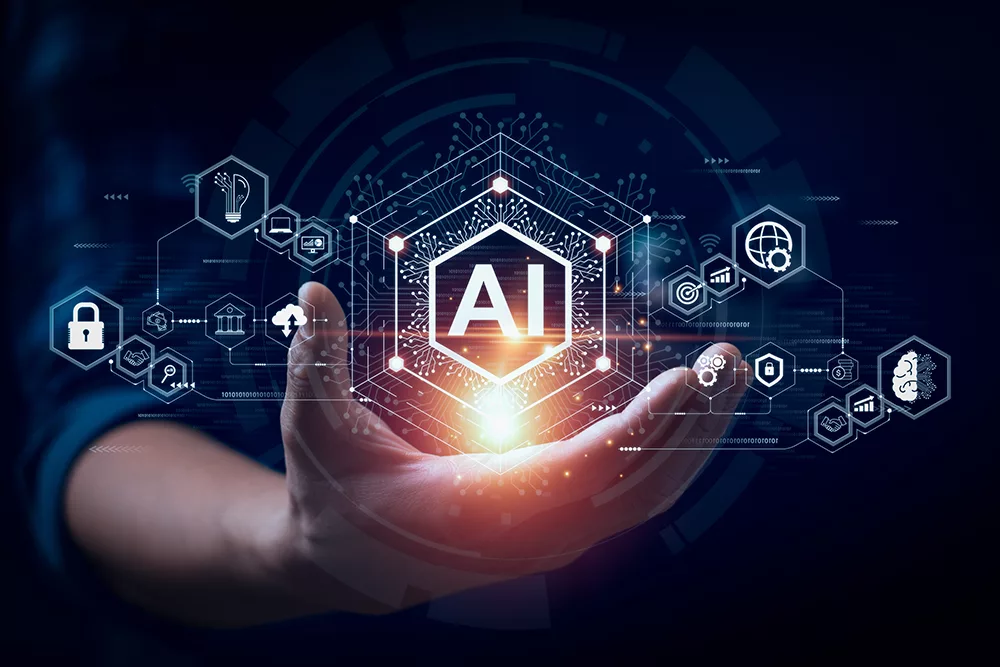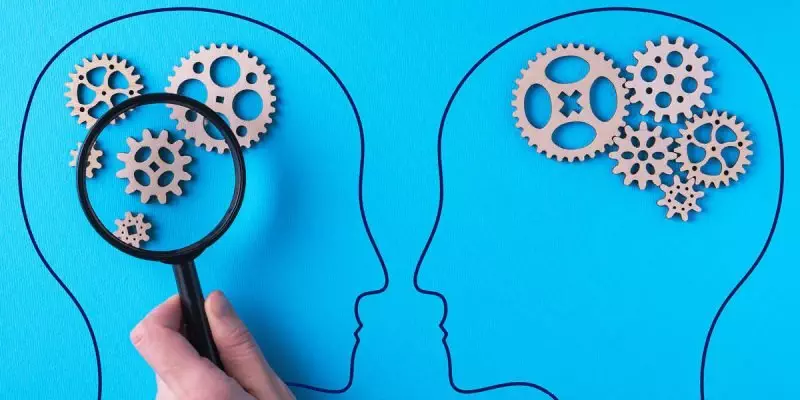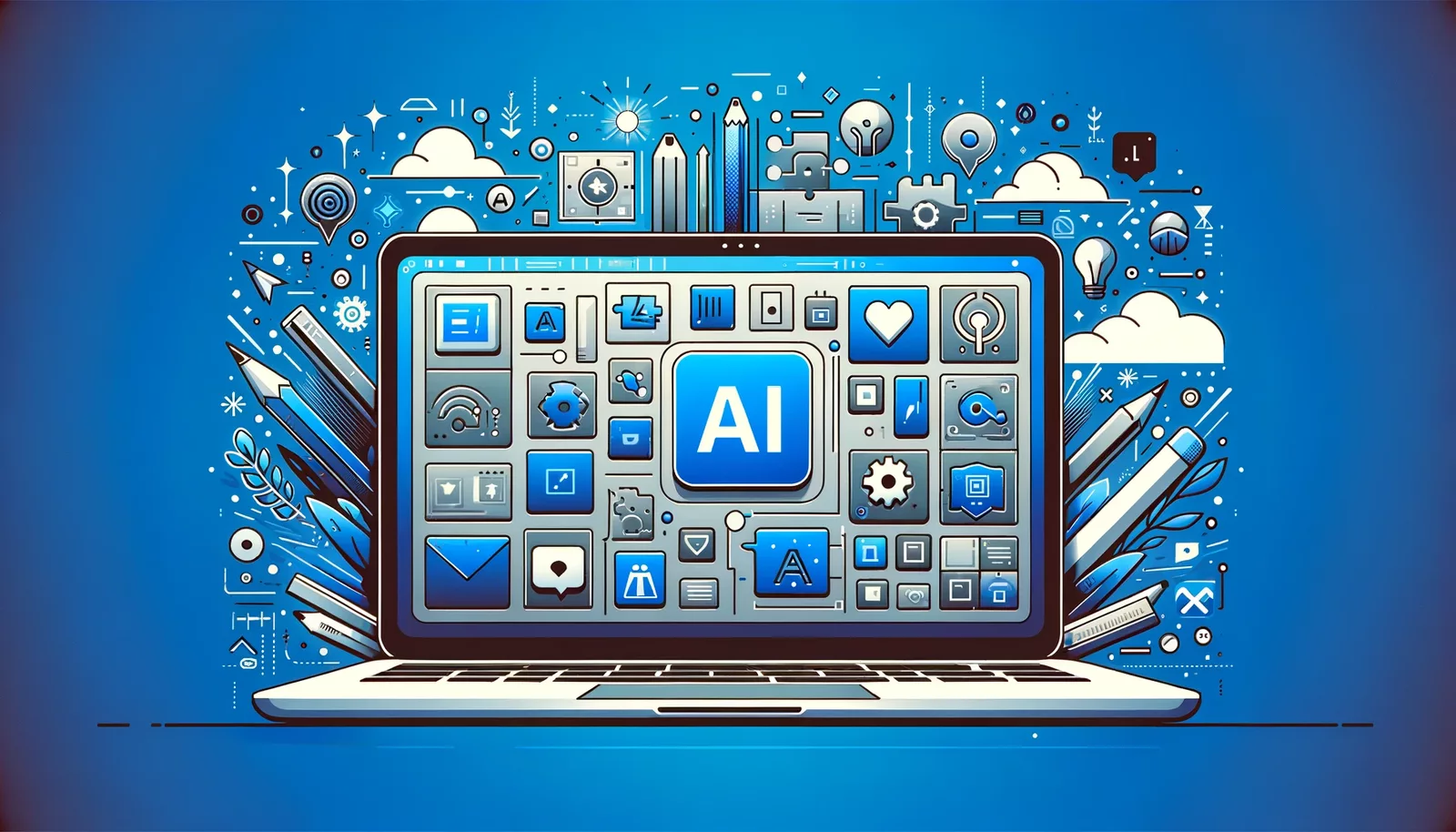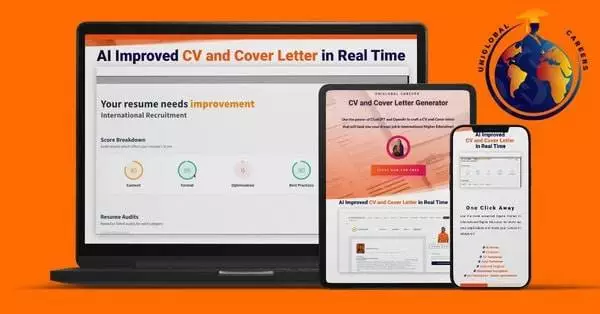In today’s rapidly evolving digital landscape, artificial intelligence (AI) has become increasingly prevalent in various industries. International education, in particular, is no exception to this trend. With AI technologies gaining traction, educators and professionals in this field can leverage these tools to enhance their careers and stay ahead in their respective domains. In this article, we will explore the role of AI in international education, its impact on career growth, practical ways to incorporate AI tools, success stories, and how to prepare for an AI-driven future.
Understanding the Role of AI in International Education
AI has revolutionized education by offering innovative solutions to traditional challenges. In international education, AI tools have been adapted to address the unique needs and complexities of a globalized learning environment. These tools enable educators to personalize instruction, streamline administrative processes, and create immersive learning experiences for students.
The evolution of AI in education has paved the way for transformative advancements. From simple chatbots and language translation tools to sophisticated virtual learning environments, AI has opened up a plethora of opportunities in international education.
The Evolution of AI in Education
AI in education has come a long way, from early experiments to its current utilization in everyday teaching and learning practices. Initially, AI was primarily used for automating administrative tasks and providing basic tutoring assistance. However, with advancements in natural language processing and machine learning algorithms, AI can now analyze and adapt to individual learning patterns, facilitating personalized instruction and remediation.
Moreover, the integration of AI in education has also brought forth virtual reality (VR) and augmented reality (AR) technologies. These immersive experiences not only make learning more engaging but also provide international students with virtual tours of campuses and study abroad destinations, breaking down geographical barriers.
For example, imagine a student from a small village in a developing country who dreams of studying at a prestigious university in a foreign land. Through AI-powered virtual reality, this student can explore the campus, attend virtual lectures, and interact with professors and fellow students, all from the comfort of their own home. This not only provides a realistic preview of their potential educational journey but also helps them overcome financial and logistical barriers that would otherwise hinder their aspirations.
Furthermore, AI has also played a significant role in promoting inclusivity and accessibility in international education. With the help of AI-driven technologies, students with disabilities can now have equal access to educational resources and opportunities. For instance, AI-powered transcription and captioning tools enable students with hearing impairments to fully engage in classroom discussions and lectures, ensuring they don’t miss out on any vital information.
Key AI Tools Used in International Education
AI tools have become indispensable in providing a seamless learning experience for international students. Language translation AI tools, for example, bridge language gaps and enable students from diverse linguistic backgrounds to participate actively in learning activities. Additionally, AI-driven content recommendation systems personalize the learning journey, ensuring that students receive relevant and engaging materials for their specific needs and interests.
Another key AI tool is intelligent tutoring systems (ITS), which provide personalized feedback and adaptive learning pathways for international students. These systems analyze student responses and adapt the instruction based on their individual strengths and weaknesses, creating a tailored learning experience that nurtures their growth and academic success.
Moreover, AI-powered plagiarism detection tools have become essential in maintaining academic integrity in international education. With the increasing number of students from different cultural backgrounds, it is crucial to ensure that all work submitted is original and properly cited. AI algorithms can analyze vast amounts of data to identify potential instances of plagiarism, helping educators uphold academic standards and fairness.
Furthermore, AI has also been utilized in student support services in international education. Chatbots equipped with natural language processing capabilities can provide instant support to students, answering their queries and guiding them through various processes such as admissions, visa applications, and course registration. This not only saves time and resources but also enhances the overall student experience.
In conclusion, AI has become an integral part of international education, revolutionizing the way students learn and educators teach. From personalized instruction to immersive virtual experiences, AI tools have opened up new avenues for global collaboration and knowledge exchange. As technology continues to advance, the role of AI in international education will only continue to grow, shaping the future of learning on a global scale.
The Impact of AI on Career Growth in International Education
As AI continues to reshape the education landscape, it also presents lucrative career opportunities for those involved in international education. Professionals who leverage AI tools effectively can enhance their skill sets, streamline processes, and unlock new avenues for career growth.

The integration of AI in international education has brought about a significant transformation in the job market. The demand for professionals with expertise in AI and its application in the education sector has skyrocketed. These individuals play a crucial role in bridging the gap between technology and education, ensuring that students receive the best possible learning experience.
AI and Job Opportunities in International Education
AI has created a demand for professionals with expertise in integrating technology into the international education sector. Roles such as AI education consultants, AI curriculum developers, and AI specialists in international student support services have emerged as promising career paths. These positions require a unique blend of subject-matter expertise, pedagogical knowledge, and technical acumen to effectively harness the benefits of AI in international education.
AI education consultants work closely with educational institutions to develop strategies for implementing AI technologies in classrooms. They provide guidance on how to leverage AI tools to enhance student engagement, personalize learning experiences, and improve learning outcomes. These consultants also stay up-to-date with the latest advancements in AI and education to ensure that institutions are at the forefront of innovation.
AI curriculum developers are responsible for designing and implementing AI-focused curricula that equip students with the necessary skills to thrive in an AI-driven world. They collaborate with educators, industry experts, and AI specialists to develop comprehensive and relevant course materials. These professionals ensure that students have a solid foundation in AI concepts, ethical considerations, and practical applications.
AI specialists in international student support services play a vital role in providing personalized assistance to international students. They use AI tools to analyze data and provide insights on student preferences, challenges, and needs. By leveraging AI, these specialists can offer tailored support, such as academic guidance, cultural integration advice, and mental health resources, to enhance the overall international student experience.
How AI is Shaping the Future of Education Careers
With AI becoming more prevalent in education, professionals need to adapt and acquire skills to thrive in an AI-driven future. While AI can automate certain tasks, it cannot replace the essential human elements of teaching and mentoring. Instead, it empowers educators to focus on higher-order skills such as critical thinking, problem-solving, and fostering creativity. The future of education careers lies in leveraging AI as a complementary tool to enhance student learning outcomes and improve overall educational experiences.
AI is revolutionizing the way educators approach teaching and learning. By automating administrative tasks, such as grading and data analysis, AI allows teachers to allocate more time and energy to personalized instruction. Educators can use AI-powered platforms to track student progress, identify areas of improvement, and deliver tailored feedback. This personalized approach to education fosters student engagement and motivation, leading to better academic outcomes.
Furthermore, AI can provide valuable insights into student learning patterns and preferences. By analyzing vast amounts of data, AI algorithms can identify individual learning styles and adapt instructional strategies accordingly. This personalized learning experience ensures that students receive the support they need to succeed, regardless of their background or learning pace.
As AI continues to advance, it is crucial for educators to embrace lifelong learning and acquire the necessary skills to effectively integrate AI into their teaching practices. Professional development opportunities, such as workshops and online courses, can equip educators with the knowledge and tools to leverage AI effectively. By staying abreast of the latest AI advancements and best practices in education, professionals can position themselves for success in an AI-driven future.
Practical Ways to Incorporate AI Tools in Your Career
To stay ahead in your international education career, it is crucial to embrace AI tools and integrate them effectively into your professional practices. Here are a few practical ways to leverage AI tools:

AI Tools for Teaching and Learning
Integrate AI-driven adaptive learning platforms that provide personalized instruction and adaptive assessments. These tools can help cater to diverse learning needs and enable international students to progress at their own pace.
For example, imagine incorporating an AI-powered virtual tutor into your classroom. This virtual tutor would be able to analyze each student’s learning patterns and tailor the instruction accordingly. It could identify areas where students are struggling and provide targeted support, ultimately improving their learning outcomes.
Furthermore, explore AI-powered language translation tools to facilitate effective communication with students from different language backgrounds and create a more inclusive learning environment. These tools can instantly translate course materials, assignments, and even live discussions, ensuring that language barriers do not hinder students’ understanding and participation.
AI Tools for Administration and Management
Utilize AI-powered student information systems (SIS) to streamline administrative tasks and automate routine processes, freeing up time for more strategic initiatives. With an AI-powered SIS, you can automate tasks such as student enrollment, course registration, and grading, reducing the administrative burden and allowing you to focus on more meaningful aspects of your role.
Imagine a scenario where an AI-powered SIS can analyze student data and provide personalized recommendations for academic interventions. It could identify students who are at risk of falling behind or those who may benefit from additional support, enabling you to intervene proactively and improve student success rates.
In addition to an AI-powered SIS, implementing AI chatbots for student support services can greatly enhance the overall student experience. These chatbots can provide instant responses to students’ queries, offering round-the-clock support and guidance. Whether students need assistance with course registration, financial aid, or general inquiries, AI chatbots can provide accurate and timely information, ensuring students feel supported and valued.
By incorporating these practical AI tools into your career, you can enhance your teaching and administrative practices, improve student outcomes, and create a more inclusive and efficient learning environment. Embracing AI is not about replacing human expertise, but rather augmenting it to achieve greater results.
Case Studies: Success Stories of AI in International Education
Real-world examples illustrate the impact of AI in international education. Let’s explore a couple of case studies:

AI in Classroom: A Game Changer
In one international school, an AI-powered virtual assistant was employed to help teachers effectively manage student assignments, grading, and personalized feedback. This not only reduced administrative burden but also allowed teachers to focus more on individual student needs, leading to improved academic performance and engagement.
With the AI-powered virtual assistant taking care of administrative tasks, teachers were able to dedicate more time to creating innovative lesson plans and implementing personalized learning strategies. This resulted in a more dynamic and engaging classroom environment, where students were actively involved in their own learning process.
The virtual assistant also had the ability to analyze student performance data and provide insightful recommendations to teachers. By identifying areas where students were struggling, the AI system helped teachers tailor their instruction to meet individual learning needs. This personalized approach fostered a sense of empowerment and motivation among students, leading to improved academic outcomes.
AI in Administration: Streamlining Processes
In a large international education institution, AI algorithms were used to optimize course scheduling, taking into account student preferences, faculty availability, and resource allocation. This resulted in increased efficiency, reduced conflicts, and improved student satisfaction, ultimately enhancing the institution’s reputation.
The AI algorithms utilized historical data and predictive analytics to create optimized course schedules that minimized conflicts and maximized student enrollment. By considering factors such as student preferences and faculty availability, the institution was able to offer a wider range of courses and ensure that students could enroll in their preferred classes.
Furthermore, the AI algorithms were continuously learning and adapting based on feedback from students and faculty. This allowed the institution to refine its course scheduling process over time, ensuring that it remained responsive to the evolving needs and preferences of its stakeholders.
By streamlining the course scheduling process, the institution was able to allocate its resources more effectively, resulting in cost savings and improved operational efficiency. Students benefited from a smoother registration process and a greater variety of course offerings, leading to increased satisfaction and a more positive learning experience.
Preparing for an AI-Driven Future in International Education
To thrive in an AI-enhanced education environment, professionals must develop the necessary skills and overcome challenges associated with implementing AI. Here are some key considerations:
Skills Needed to Thrive in an AI-Enhanced Education Environment
Continuous learning and upskilling are essential to harness the potential of AI tools effectively. Professionals in international education should cultivate skills in data analysis, AI implementation, and pedagogy to effectively leverage AI capabilities in their respective roles.
Collaboration and adaptability are also crucial skills, as working alongside AI systems requires flexibility and the ability to navigate evolving roles and responsibilities.
Overcoming Challenges in Implementing AI in Education
While AI holds immense potential, its implementation may face challenges. Concerns such as data privacy, ethical considerations, and accessibility should be addressed through clear policies and responsible use guidelines. Training and professional development programs can ensure that educators are equipped with the knowledge and skills to navigate these challenges effectively.
In conclusion, AI tools have the potential to revolutionize international education and boost career prospects for professionals in this field. By understanding the role of AI in education, embracing AI tools, and developing relevant skills, educators and professionals can adapt to an AI-driven future, provide enhanced learning experiences for international students, and position themselves for continued success in their careers.


